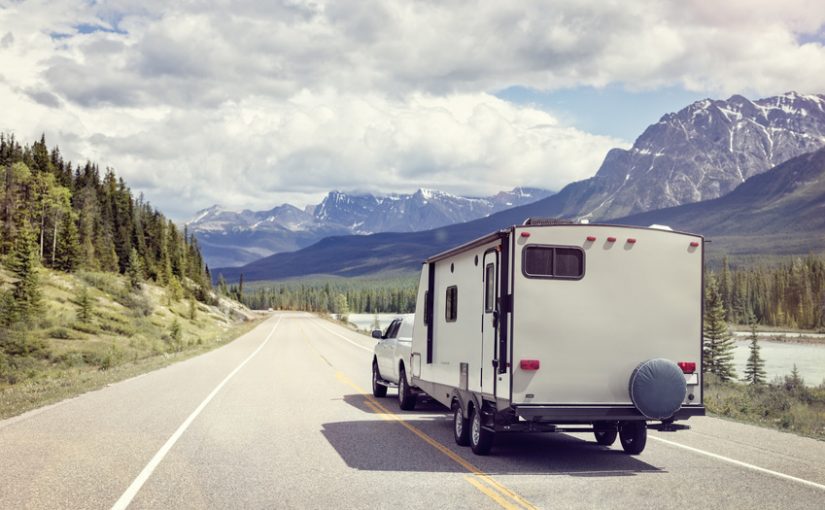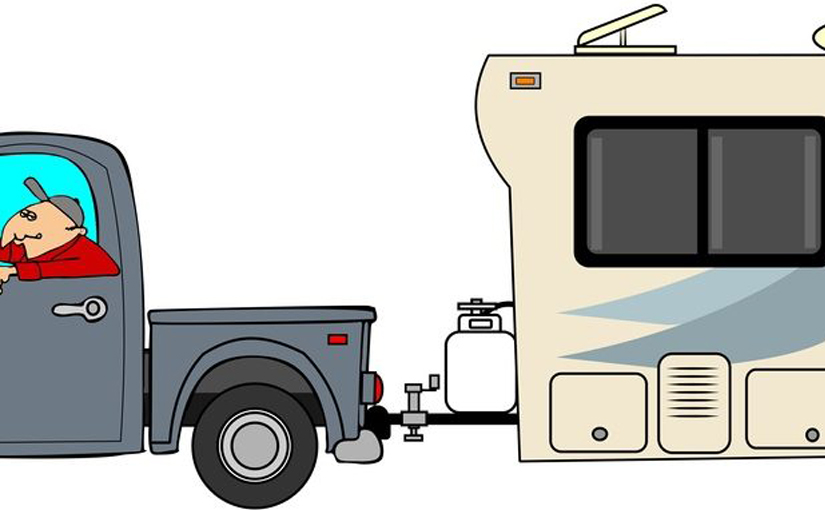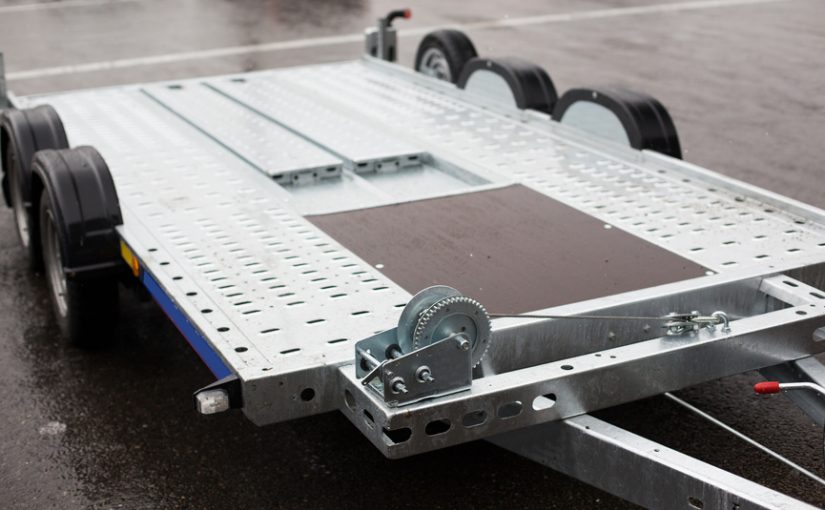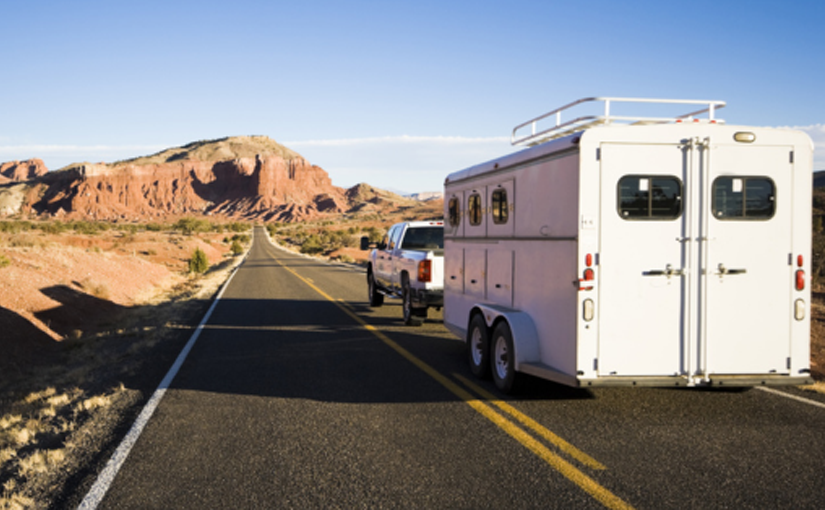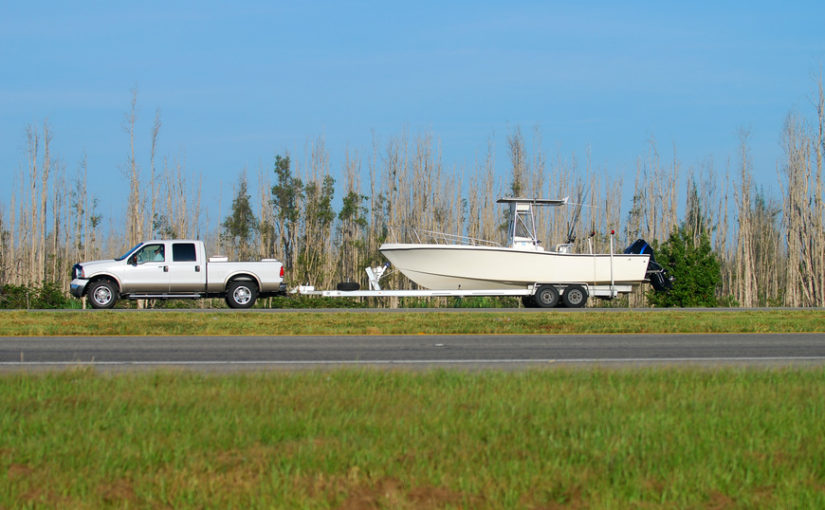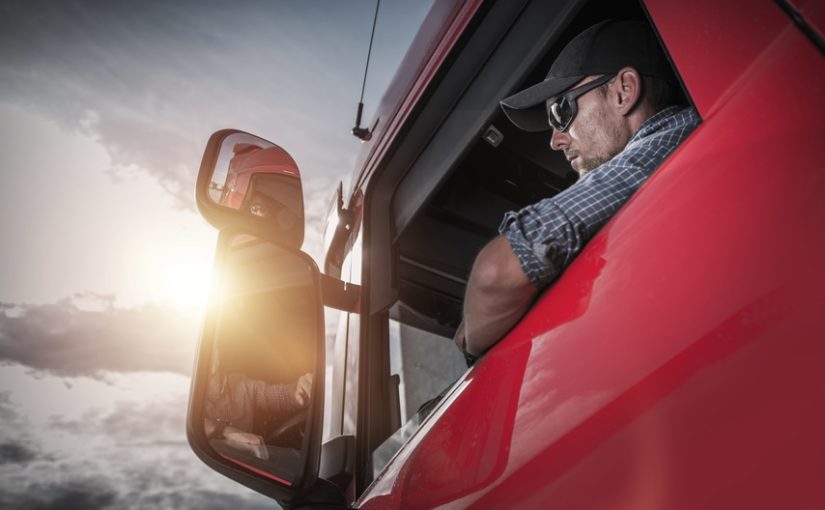Here are some frequently asked questions about towing that should hopefully help with your next road trip:
Towing Safety FAQs
- Are their different kinds of recreational vehicles? — Yes, there are two main categories of RVs: motorhomes, which are motorized themselves, and towables, which must be towed by a car, van, or pickup truck.
- What are the main dangers involved with towing RVs and trailers? — Though driving any vehicle on the U.S. roadways can be dangerous, towing large vehicles or trailers certainly increases the risk of danger. The two main problems that occur when towing involve swaying issues and trouble braking. If you lose control even a little bit while you’re towing, the trailer or RV can begin swaying and cause serious problems. Conversely, if your vehicle’s brakes aren’t properly functioning or you are braking too soon or too late, the trailer or RV being towed could smash into the back of your vehicle.
- How can I prevent brake problems when towing? — First, you should make sure that your vehicle’s brakes are high-quality and working correctly. Next, in order to give yourself the best chance at avoiding braking issues, you should equip your vehicle with a single axle trailer brake control. There are electronic brake controllers that work great for safe towing and safe driving. Make sure you work with a professional when acquiring and installing a single axle trailer brake controller.
- Can weight distribution systems help with towing? — Yes, they can actually help a lot. If you’re only towing a small trailer that weighs much less than half of your towing vehicle’s weight, you likely won’t need a weight distribution system, though it couldn’t hurt. Weight distribution systems are recommended if your trailer weight is more than 50% of your vehicle’s weight, however.
- How can I prevent trailer sway? — There are two main types of trailer sway devices that work great for combating this dangerous problem. Trailer sway devices can reduce sway once it has started and other devices can prevent sway from occurring altogether.
There’s More to Towing Safety
If you think you know all there is to know about towing safety, think again. Once you’ve got your basic questions answered, make sure the following information is next on your to-learn list.
Run The Numbers
When it comes to towing an RV or trailer, a little math can go a long way. Here are a few situations where it is best to run the numbers:
- What is Gross Vehicle Weight Rating (GVWR)? You better know before you head out on the road. “The GVWR refers to the total amount of weight you’re towing, including a loaded RV, passengers, anything you tow behind your RV,” Trip Savvy writes. Carefully read your driver’s manual to determine the maximum weight a particular vehicle is capable of towing. Don’t throw caution to the winds. Towing a trailer or RV that is too heavy can result in unpredictable steering, acceleration, and braking.
- Weight distribution. Keep your weight distribution well within recommended guidelines. Ideally, the front of the trailer or RV needs to bear 60% or more of the weight. Loads that are back heavy or tail heavy risk instability and improper turning and steering.
- Safe driving practices. To get right to the point, driving while towing an RV or trailer is very different from simply driving a truck or vehicle. While towing an RV, for example, you should be extra reactive and cautious. Brake early. Go slow. Carefully monitor road conditions and plan ahead for wide turns. Always back up slowly and with care. If you’re in a rush, it is not a good time to be backing up with a trailer.
There are tools to make driving with a trailer or RV in tow easier. Trailer brake controllers, for example, afford drivers peace of mind and prevent drivers from braking too abruptly while towing heavy equipment.
Learn The Different Types Of Hitches
Generally speaking, there are five classes of hitches to tow an RV or trailer. Classes designate how much weight a hitch can safely tow. According to RV Share, a class one hitch can support up to 2,000 pounds. On the opposite side of the spectrum, class five hitches safely tow 18,000 pounds.
Selecting the right hitch is a critical part of towing safety. Ask your RV parts provider if you have any questions!
The Specifics About Sway
Sway can be a huge impediment to towing safety. Keep sway under wraps by staying informed and purchasing appropriate equipment. Left unchecked, sway will cause your trailer or RV to dangerously veer and jolt back and forth as you navigate highways and back roads.
Several factors affect sway. First, trailers and RVs are–for the most part– just about always going to be significantly larger than the vehicles towing them. For that reason, wind disproportionately shifts RVs and trailers. Fast speeds disproportionately risk RVs and trailers swerving out of control.
To prevent sway, distribute weight according to guidelines. Drive slowly. Avoid driving in high winds and severe weather conditions if at all possible.
Once again, know that there are tools at your disposal–tools that you can use in addition to precautions and safe driving practices. Install brake control and consider electronic sway control accessories for your RV or trailer. Electric sway control equipment can help reduce sway no matter what kind of hitch you are (or aren’t) using. Many models are self-calibrating and do not require users to toil over over-complicated or over-involved setups.
If you want to learn more about towing RVs, motorhomes, trailers, or any other vehicle, as well as find high quality single axle trailer brake controllers, give Hayes Towing Electronics a call right away. Stay safe out there!





